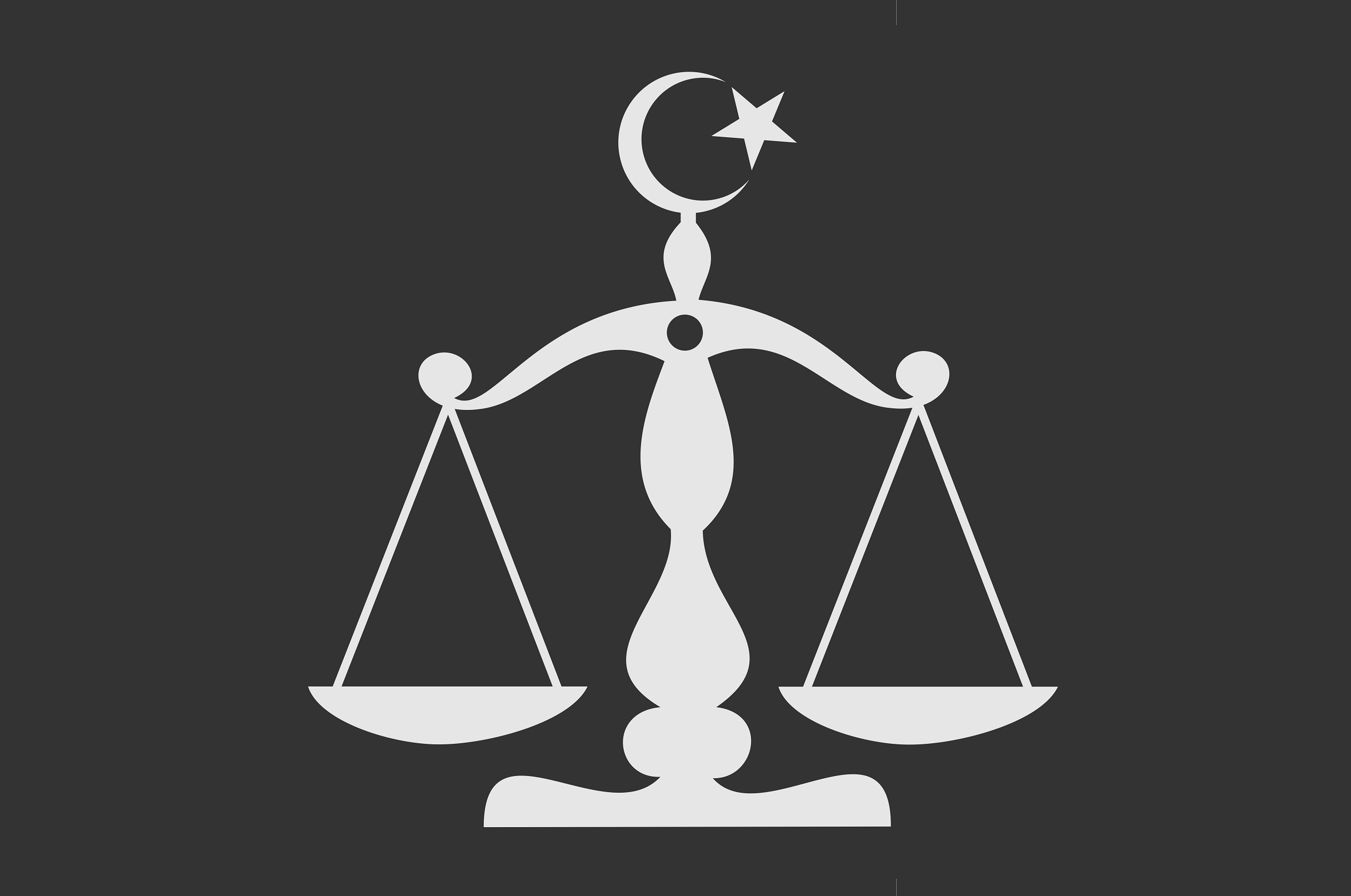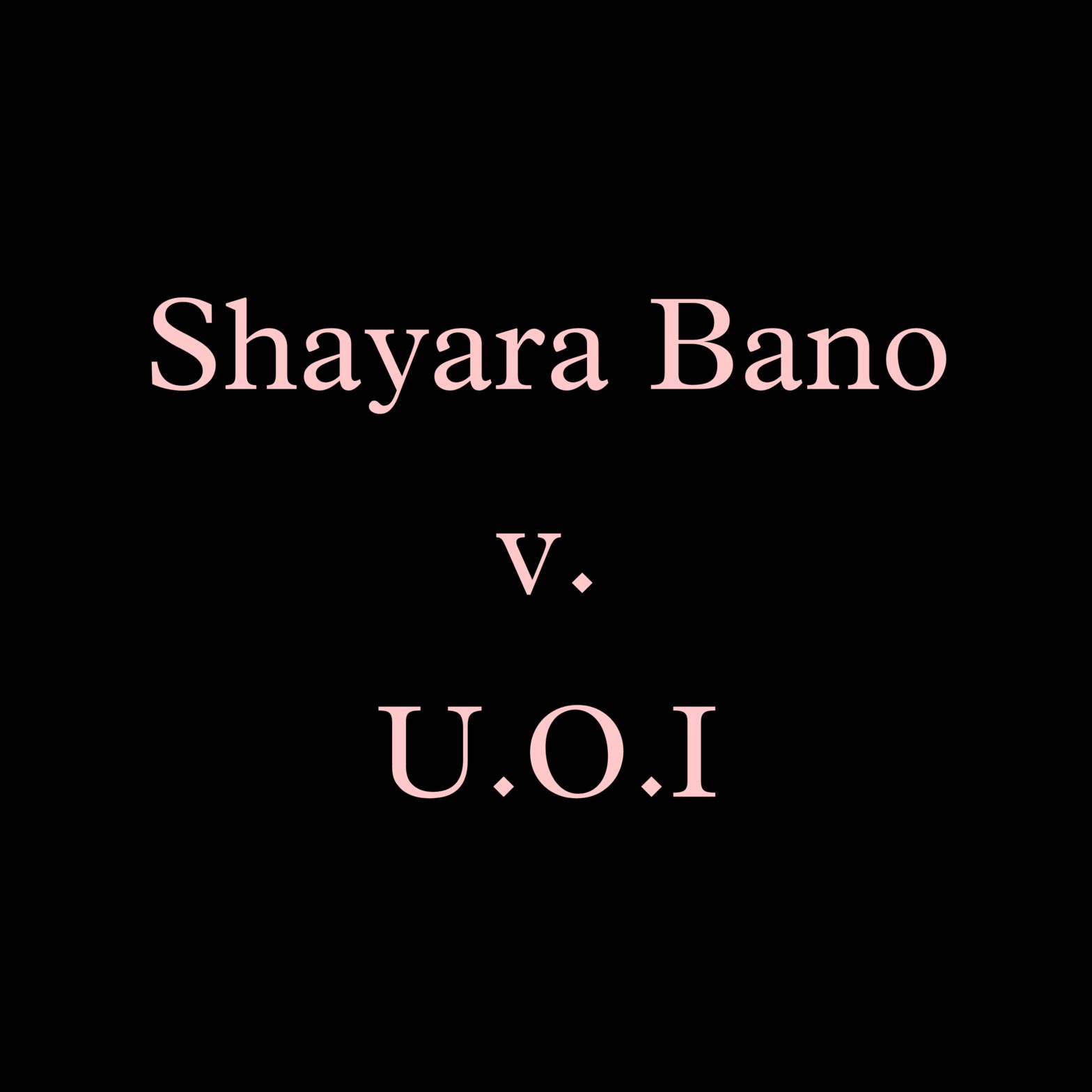Case Name: Shayaro Bano vs Union of India
Citation: AIR 2017 9 SCC 1 (SC)
Date of Judgement: 22-08-2017
Parties Involved: Shayaro Bano and others, All India Muslim Personal Law Board (AIMPLB), Union of India
Facts
Shayaro Bano’s was married to Rizwan Ahmed for 15 years. On 10-10-2015, her husband divorced her through talaq-e-biddat (triple talaq) in the presence of two witnesses. Talaq-e-biddat is a practice prevalent under Muslim Personal Law, under which a man has the right to divorce his wife by repeating talaq three times in one sitting without the state’s intervention. The means of communication could be in any form i.e., written, oral, or even electronic. Talaq-e-Biddat is one of the three divorces in Islamic law, the other two being “Talaq ahasan” and Talaq hasan”. In 2016, Shayara Bano filed a writ petition in Supreme Court asking it to hold three practices – talaq-e-biddat, polygamy and nikah-halala unconstitutional as they violated several fundamental rights under the constitution of India such as
- Article 14 (Equality Before Law)
- Article 15(1) (Prohibition of discrimination including on the ground of gender)
- Article 21 (Right to life)
- Article 25 (Freedom of Religion)
After accepting Shayaro Bano’s writ petition, the apex court formed a five-judge constitutional bench on 30-03-2017.
Issues
In this case, three main issues were discussed:
- Whether the practice of triple talaq is valid or not?
- Whether it is protected by Article 25 or not?
- Whether it is an essential religious practise under Islamic law or not?
Holding

The five-judge bench of the Supreme court pronounced its verdict by 3:2 majority in the triple talaq case. The court held that the practice of triple talaq is unconstitutional and violates the fundamental rights of Muslim women under the constitution of India. The court ensured that Muslim women enjoy the same position in society as women from other religions. On 22-08-2017, the Supreme court held triple talaq or talaq-e-biddat as unconstitutional and on 30-07-2019, the parliament of India declared the practice of triple talaq as illegal, unconstitutional and made punishable from 01-080-2019.
Rationale
The judgement made triple talaq unconstitutional on the argument that personal laws do not state enacted laws. Triple talaq is not valid in all Muslim schools of thought but only the Hanafi school of the Sunni sect regards it as ‘lawful although sinful’. Therefore, it was held that it is not an essential element of religion and won’t be protected under Article 25 of the constitution.
Dicta
The deep analysis of gender equality is definitely missing in the judgement. It is majorly focused on triple talaq and not on inherent discrimination between the husband and the wife. The institution of marriage was given a higher priority rather than in relation to equality.
Dissent
The defendant argued that no legislation can change it as marriage is a private contract under Islamic law. He further argued that personal law is not included under Article 13 of the constitution and therefore it demonstrates the maker’s intention to exclude personal law. He claimed that Muslim women are not discriminated against by triple talaq, they are only benefitted from that as immediate relief is provided to them.
Comment
This case had a significant recognition of women’s experiences and their rights and how new strategies and laws are needed to support them. Women continue on being held back by patriarchal chains in this country. This is the time when patriarchy needs to re-emphasize its laws and make them more progressive. Women should not be discriminated against based on their gender. By delivering this judgement in favour of Shayara Bano, a powerful signal is sent to society that women are no longer discriminated against based on their gender.
